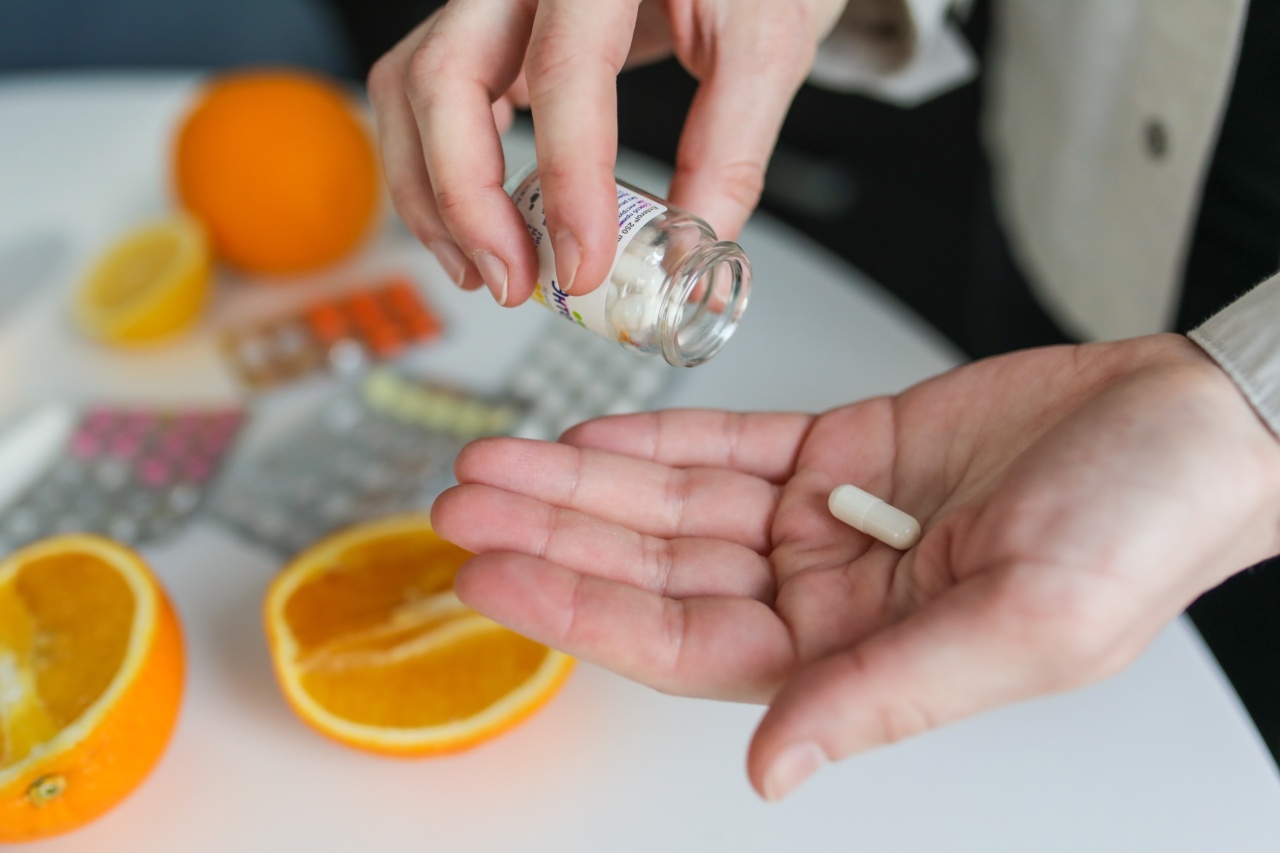Polytenter tuberculosis is a severe and challenging form of tuberculosis that affects the lungs. The condition is characterized by the presence of multiple cavities in the lungs that contain the bacteria causing tuberculosis.
This form of tuberculosis is particularly challenging to treat as the bacteria are often resistant to traditional antibiotics. Many scientists and researchers have been searching for alternative treatments, and one that has shown promise is vitamin D.
What is Vitamin D?
Vitamin D is a vitamin that our bodies produce naturally when we are exposed to sunlight.
It plays an essential role in many bodily functions, including keeping our bones and teeth healthy, regulating our immune system, and helping our bodies fight infections.
The Role of Vitamin D in Tuberculosis
Research has shown that vitamin D can play an important role in the treatment of tuberculosis, including polytenter tuberculosis.
Studies have found that people with tuberculosis often have low levels of vitamin D in their bodies, and that taking vitamin D supplements can help boost the immune system and improve the body’s ability to fight off the infection.
Vitamin D works by helping to activate certain immune cells that can attack and kill the bacteria causing tuberculosis. It also helps to reduce the symptoms of the infection and may even help to prevent the formation of new cavities in the lungs.
The Results of Vitamin D Treatment
Studies have shown that vitamin D can be an effective treatment for polytenter tuberculosis.
In one study, patients who were given vitamin D supplements in addition to traditional antibiotic treatment had significantly better outcomes than those who only received antibiotic treatment. They had fewer symptoms, fewer cavities in their lungs, and a greater chance of being cured of the infection.
Another study found that vitamin D supplements were particularly effective in people who had drug-resistant tuberculosis. These patients often have few other treatment options and are at a higher risk of complications and death from the infection.
Vitamin D supplements were found to be a safe and effective treatment option for these patients, providing an alternative to more invasive treatments.
How to Get Enough Vitamin D
The best way to get enough vitamin D is through exposure to sunlight. Spending time outside in the sun, particularly during the summer months, can help your body produce the vitamin D it needs.
However, it can be challenging to get enough vitamin D through sunlight alone in some parts of the world, particularly in the winter months or in areas with limited sunlight.
In these cases, taking vitamin D supplements may be necessary. Most people can get enough vitamin D through a balanced diet that includes foods like fatty fish, eggs, and fortified dairy products.
However, some people may need to take supplements to get enough, particularly if they are at higher risk for vitamin D deficiency.
Conclusion
Vitamin D is a powerful tool in the fight against tuberculosis, particularly polytenter tuberculosis. It can help boost the immune system, fight off infections, and even improve outcomes in people with drug-resistant tuberculosis.
If you are concerned about your vitamin D levels or are at risk for tuberculosis, talk to your doctor about whether supplementation may be right for you.































